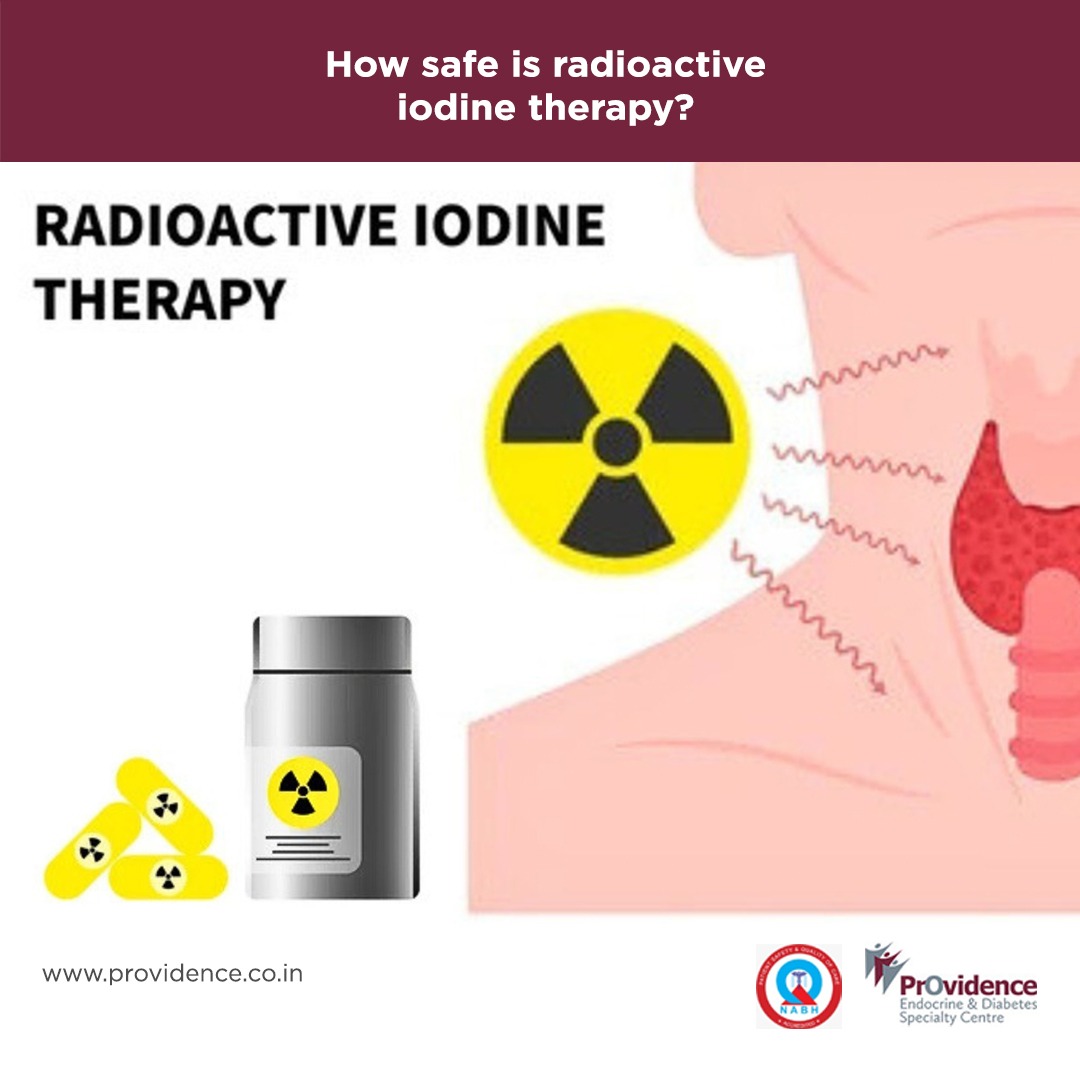Radioactive iodine therapy is considered a safe and effective treatment for thyroid conditions such as hyperthyroidism and thyroid cancer. This procedure has been utilized for over 50 years and is generally well tolerated by most patients. Although the term “radioactive” may sound alarming, it is a safe treatment that specifically targets thyroid cells to permanently destroy them, with minimal exposure to the rest of the body’s cells.
For hyperthyroidism, radioactive iodine is administered orally in a single capsule or liquid dose. This is typically an outpatient procedure, allowing patients to return home shortly after taking the dose. In cases of thyroid cancer, the radioactive iodine dose may be given orally or through an intravenous injection, which is larger than that used for hyperthyroidism, and may necessitate a hospital stay following the procedure.
RAI therapy generally affects only the thyroid and does not harm other parts of the body. However, patients can emit radiation through bodily fluids such as urine, saliva, and sweat, which can pose risks to others. Consequently, specific precautions must be taken to protect those around the patient, especially pregnant women and young children, by avoiding close contact and sleeping separately for a brief period.
Some patients may experience mild, temporary side effects including neck tenderness or swelling, sore throat, nausea or vomiting, salivary gland swelling or tenderness, dry mouth, or taste changes. The most common long-term effect is hypothyroidism, which is anticipated and easily managed with daily thyroid hormone replacement. There is a very small risk of developing certain cancers, such as leukemia or salivary gland cancer, later in life; however, this is extremely rare. Fertility issues are uncommon, although women are advised to avoid pregnancy for 6–12 months and men to avoid conception for at least 6 months post-treatment.
In summary, RAI therapy is generally safe and highly effective for treating thyroid disorders. Most side effects are mild and temporary, and the primary long-term consequence is the need for lifelong thyroid hormone supplementation.
Dr. Tittu Oommen MD,DM



